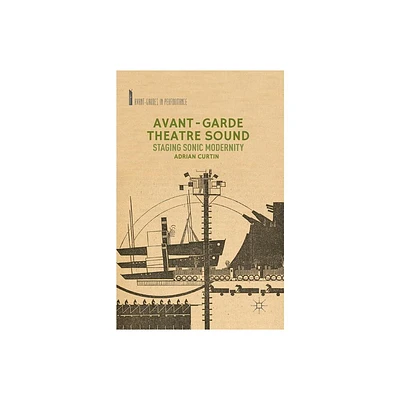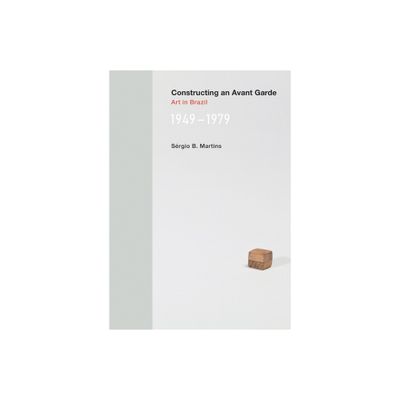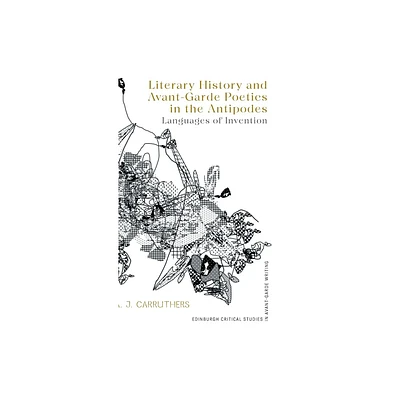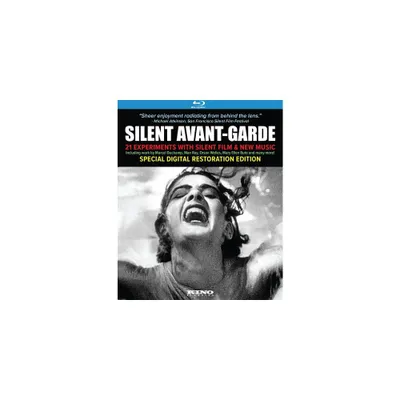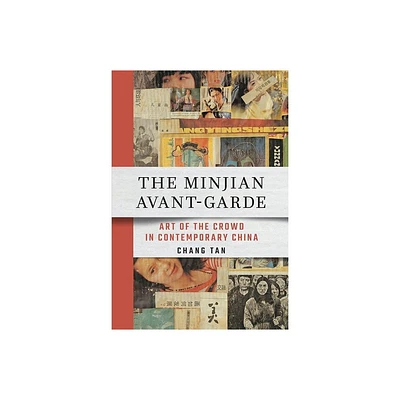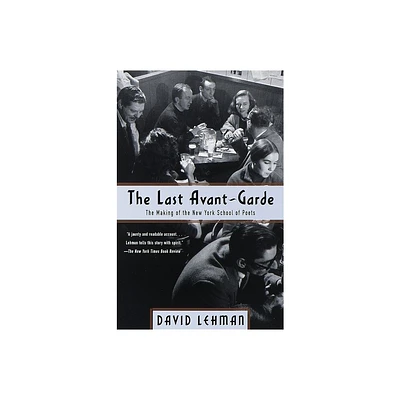Home
Poetry of the Revolution: Marx, Manifestos, and the Avant-Gardes / Edition 1
Loading Inventory...
Barnes and Noble
Poetry of the Revolution: Marx, Manifestos, and the Avant-Gardes / Edition 1
Current price: $35.00


Barnes and Noble
Poetry of the Revolution: Marx, Manifestos, and the Avant-Gardes / Edition 1
Current price: $35.00
Loading Inventory...
Size: OS
*Product Information may vary - to confirm product availability, pricing, and additional information please contact Barnes and Noble
Poetry of the Revolution
tells the story of political and artistic upheavals through the manifestos of the nineteenth and twentieth centuries. Ranging from the
Communist Manifesto
to the manifestos of the 1960s and beyond, it highlights the varied alliances and rivalries between socialism and repeated waves of avant-garde art. Martin Puchner argues that the manifestowhat Marx called the "poetry" of the revolutionwas the genre through which modern culture articulated its revolutionary ambitions and desires. When it intruded into the sphere of art, the manifesto created an art in its own image: shrill and aggressive, political and polemical. The result was "manifesto art"combinations of manifesto and art that fundamentally transformed the artistic landscape of the twentieth century.
Central to modern politics and art, the manifesto also measures the geography of modernity. The translations, editions, and adaptations of such texts as the
and the
Futurist Manifesto
registered and advanced the spread of revolutionary modernity and of avant-garde movements across Europe and to the Americas. The rapid diffusion of these manifestos was made "possible by networkssuch as the successive socialist internationals and international avant-garde movementsthat connected Santiago and Zurich, Moscow and New York, London and Mexico City.
thus provides the point of departure for a truly global analysis of modernism and modernity.
tells the story of political and artistic upheavals through the manifestos of the nineteenth and twentieth centuries. Ranging from the
Communist Manifesto
to the manifestos of the 1960s and beyond, it highlights the varied alliances and rivalries between socialism and repeated waves of avant-garde art. Martin Puchner argues that the manifestowhat Marx called the "poetry" of the revolutionwas the genre through which modern culture articulated its revolutionary ambitions and desires. When it intruded into the sphere of art, the manifesto created an art in its own image: shrill and aggressive, political and polemical. The result was "manifesto art"combinations of manifesto and art that fundamentally transformed the artistic landscape of the twentieth century.
Central to modern politics and art, the manifesto also measures the geography of modernity. The translations, editions, and adaptations of such texts as the
and the
Futurist Manifesto
registered and advanced the spread of revolutionary modernity and of avant-garde movements across Europe and to the Americas. The rapid diffusion of these manifestos was made "possible by networkssuch as the successive socialist internationals and international avant-garde movementsthat connected Santiago and Zurich, Moscow and New York, London and Mexico City.
thus provides the point of departure for a truly global analysis of modernism and modernity.

